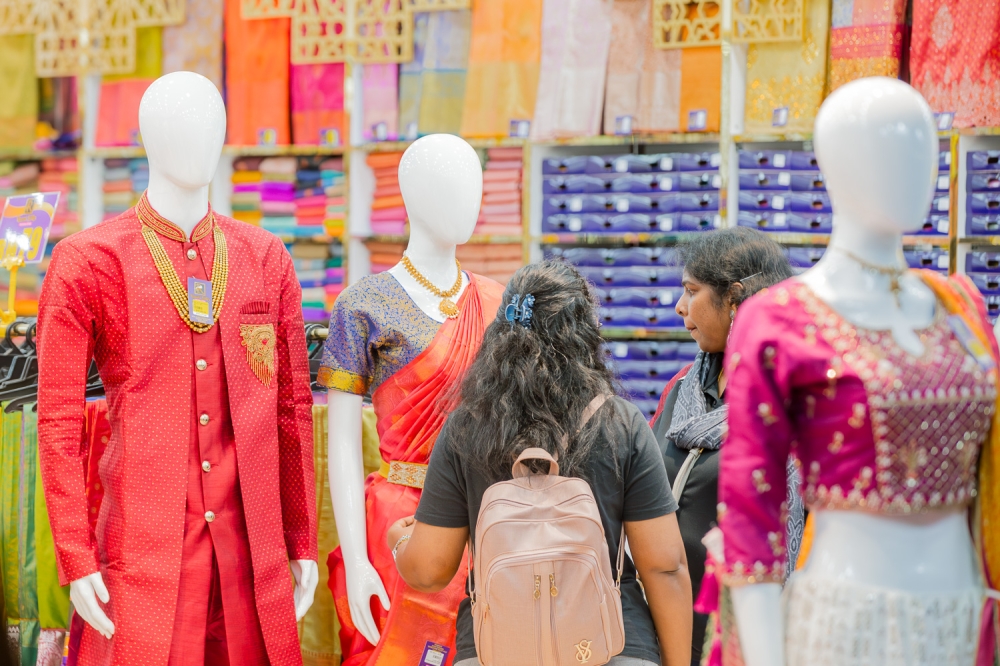KUALA LUMPUR, Oct 31 — In most cultures, a woman is expected to leave her family behind and celebrate festivals with her husband and new in-laws.
However, in Tamil culture, the newly-wed bride returns to her family home with her husband to celebrate their first Deepavali together after marriage. This custom is called Thalai Deepavali.
Thalai means “head” or “the first” in Tamil. While the bride’s family celebrates her homecoming, Thalai Deepavali also allows them to welcome their new son-in-law into the family fold.
The couple typically heads to the bride’s family home on the eve of Deepavali.
On Deepavali morning, they take part in the oil bath ritual. Following this, the family conducts prayers at home, after which the couple seeks blessings from the elders for a happy marriage and visits the temple.
After returning from the temple, the mother-in-law prepares a lavish feast for her son-in-law to ensure he is well-fed and content.
Dishes typically include rice, thosai, mutton curry, and traditional Deepavali delicacies like murukku, achu murukku (rose cookies) and nei urundai (ghee balls).
The bride’s family also presents a seeru (gift) to the couple, consisting of new clothes, sweets and jewellery — often including a gold ring for the groom.

Deepavali is celebrated during Aippasi — the seventh month in the Tamil calendar.
The following month, known as Karthikai, the Tamil community celebrates Karthikai Deepam by lighting oil lamps around their homes for three days.
During Thalai Deepavali, the bride’s family also presents her with a Thalai Karthikai seeru, which typically includes a new set of agal vilakku (lamps), aval pori (puffed beaten rice) and money.
Three months after Deepavali, the newly-wed couple celebrates their first Pongal together during the Thai month — the tenth month in the Tamil calendar — in an occasion known as Thalai Pongal.
This time, the bride’s family visits her at her husband’s home to celebrate the festival.
They bring a Pongal seeru for their daughter, which includes new Pongal pots, rice, lentils, jaggery and sugarcane, while the groom’s family prepares a feast to welcome the in-laws.
The bride also receives a monetary gift from her brother during the celebration.
Thus, from Deepavali to Pongal, the bride enjoys the comfort and support of her family members — at least for the first year of marriage — helping her ease into married life.



















